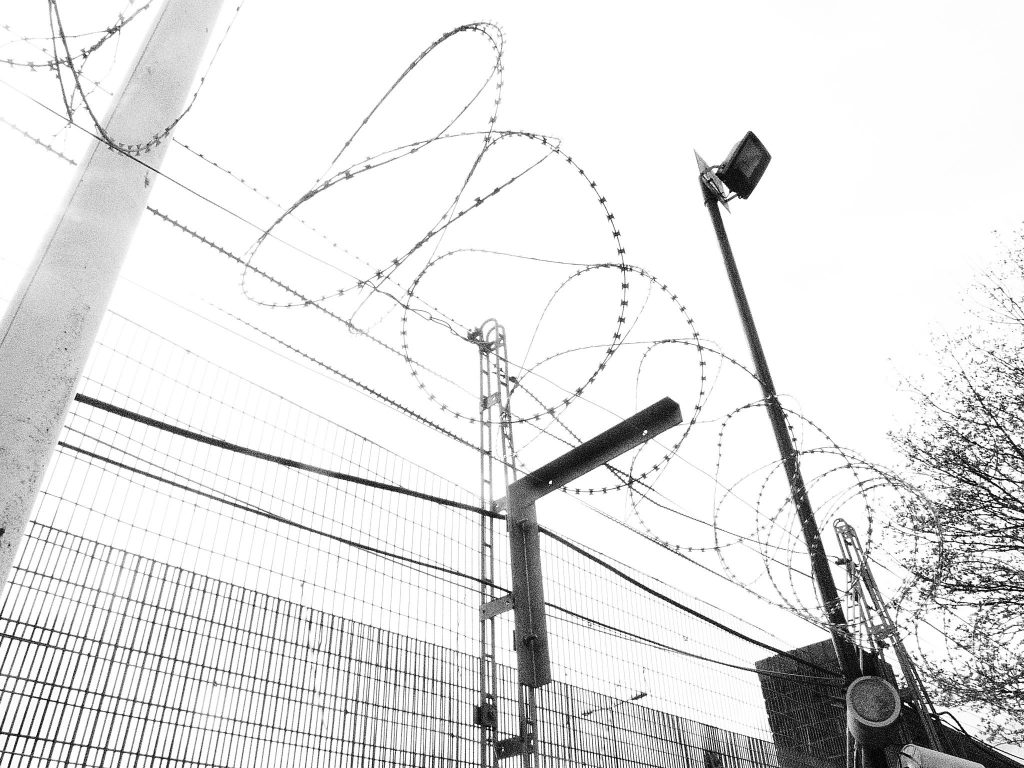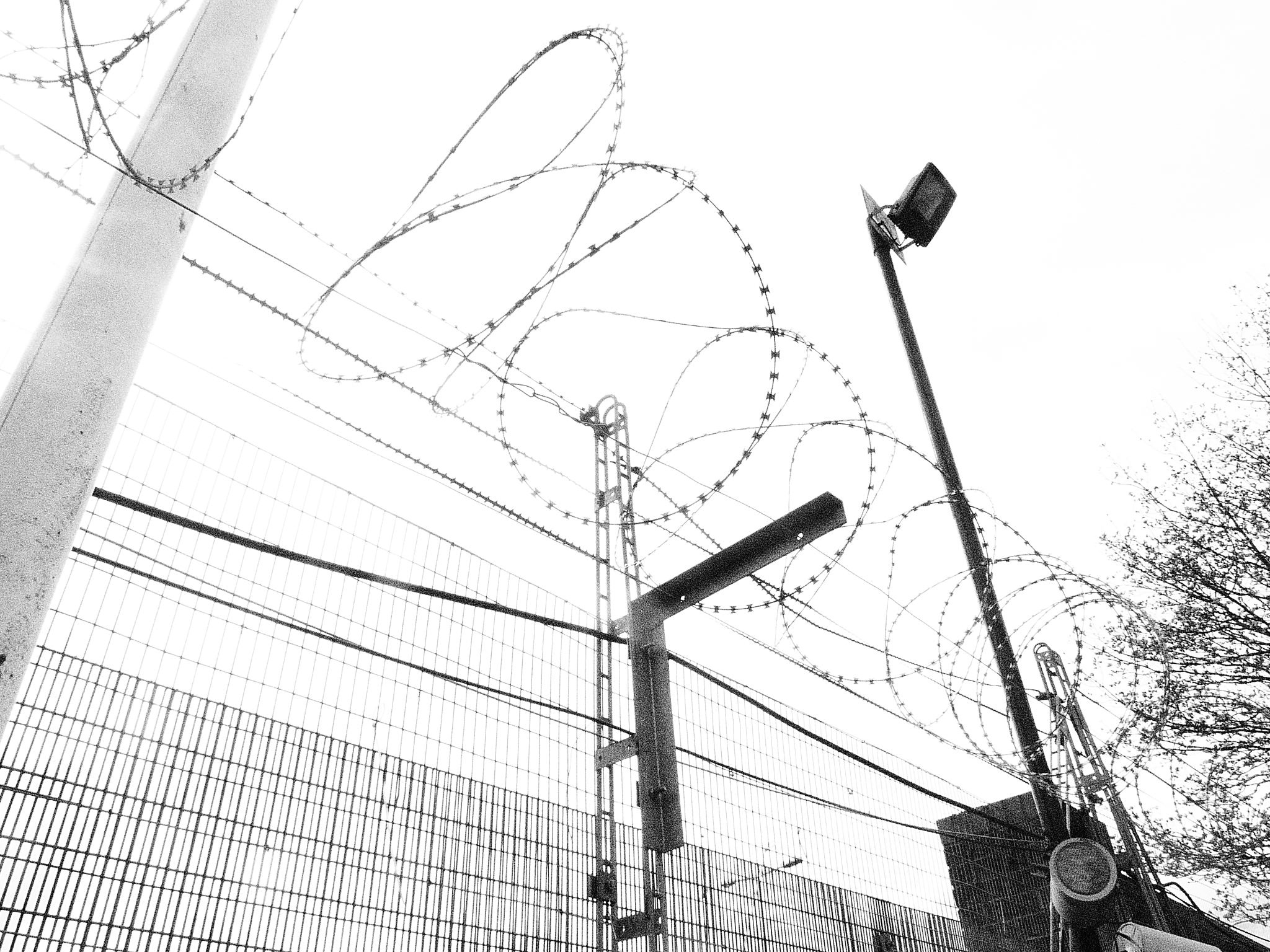There has been a 90% decrease in the number of prisoners studying on courses equivalent to AS-levels or above since 2010, according to a new report by the House of Commons’ education committee. MPs highlight the ‘cracks in a clunky, chaotic, disjointed system’ which does ‘not value education as the key to rehabilitation’. This is, the report argues, despite data showing that prisoners who participate in education whilst in prison are 7.5% less likely to reoffend than those who don’t.
In December 2020, Ofsted reported that nearly two-thirds of inspections showed poor management of the quality of education. Francesca Cooney, head of policy at the Prisoners’ Education Trust, said the new report amounted to ‘a call for immediate action’. ‘Prison education has been underfunded for many years and is at the bottom of the class when providing outcomes for prisoner learners,’ she commented. ‘The report rightly states that prison education is in a “perilous state due to a continual decline in funding” and calls on the MoJ to set out a budget for the next ten years by the end of the year.’
‘The digital divide between prisoners and the community is ever increasing and the committee is clear that we cannot let that continue,’ Cooney continued. ‘We strongly support the call for the Government to set a date for prisons to provide restricted broadband and for prisoners who are studying to have in-cell access to security-approved laptops.’
The report follows the 2016 Coates Review which highlighted the need for prison education to be at ‘the heart of the prison system’. ‘Six years later, we are concerned that this aspiration has still not been realised,’ MPs said. ‘There have been a number of missed opportunities to effect major change and to change the culture surrounding prison education.’
The new report calls for a deputy governor of learning in every prison as part of the senior management team as part of a ‘culture shift’. MPs also recommended a more individualised curriculum with stronger support for those with special educational needs and learning difficulties. According to the data over 30% of prisoners have learning difficulties. ‘However, we heard that this figure is likely to be an underestimate and that the true scale of the issue is not known, as prisons rely heavily on prisoners declaring themselves to have learning needs,’ the MPs wrote; adding that the screening process was not adequate to identify prisoners with leaning needs.
The report proposes personalised individual learning plans linked to sentence plans for all prisoners. These should include a needs assessment at the point of entry for all prisoners to the prison system and should be updated to reflect a prisoner’s progress and development over time. It makes the case for greater emphasis on improving future employability and building links between employers and prisons, and incentivising and encouraging businesses to employ former prisoners. Digital education passports are proposed so that a prisoner’s progress is not interrupted on transfer.
The MPs pointed out that the government had not increased funding for prison education for the last five years. Learning environments have been seen to have ‘rotting walls and doors, mould, leaking roofs requiring buckets’ and a ‘lack of adequate heating’, MPs noted.








